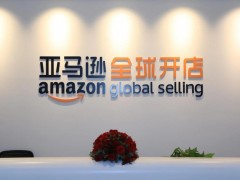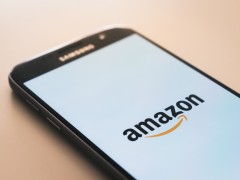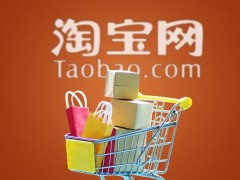Famous business war cases?
史上最大的商战案例之一是可口可乐和百事可乐之间的“百年真相大战”。在80年代,百事可乐迅速超越可口可乐,成为全球最大的碳酸饮料品牌。
1993年,可口可乐推出了新的口味“新可乐”,但遭到了消费者的抵制和广大员工的反对。在经过数周的抗议和抵制后,可口可乐最终不得不撤回了“新可乐”,并恢复了原有口味。这场风波让可口可乐吃了大亏,而百事可乐则趁机拓展市场份额。
亚马逊对抗华尔街的案例是一个很好的商战案例。在20世纪90年代,华尔街的投资者们认为书籍是未来唯一能够赚钱的工具,因此投资大量的资金在书店。当亚马逊推出了在线书店时,他们决定抵制这个新兴的商业模式,坚信在线书店永远无法替代实体书店。然而,亚马逊透过提供优惠价格、速递、无瑕疵运作以及质优价廉等战略优势,很快就吸引了大量消费者,使它成为全球最大的电子商务公司之一。
Professional answer
One of the biggest business war cases in history is the "Hundred Years of Truth War" between Coca-Cola and Pepsi. In the 1980s, Pepsi quickly surpassed Coca-Cola to become the world's largest carbonated beverage brand.
In 1993, Coca-Cola launched a new flavor "New Coke", but it was boycotted by consumers and opposed by employees. After weeks of protests and boycotts, Coca-Cola finally had to withdraw "New Coke" and restore the original flavor. This storm caused Coca-Cola to suffer a big loss, while Pepsi took the opportunity to expand its market share.
The case of Amazon against Wall Street is a good business war case. In the 1990s, Wall Street investors believed that books were the only tool to make money in the future, so they invested a lot of money in bookstores. When Amazon launched an online bookstore, they decided to resist this emerging business model, believing that online bookstores could never replace physical bookstores. However, Amazon quickly attracted a large number of consumers by offering strategic advantages such as preferential prices, fast delivery, flawless operation, and high quality and low prices, making it one of the largest e-commerce companies in the world.
Similar Q&A
recommend How to view sales of several months on Amazon?
E-c News Continuously pushing e-commerce knowledge to you








Latest Q&A More
-
Do I need a trademark to open a franchise store on Pinduoduo to sell books?
#Pinduoduo#
-
How to withdraw from a Pinduoduo store
#Pinduoduo#
-
How to withdraw from Pinduoduo merchants
#Pinduoduo#
-
How to pay fees when closing a Pinduoduo store
#Pinduoduo#
-
How to withdraw from Pinduoduo
#Pinduoduo#
-
Which store on Pinduoduo is authentic?
#Pinduoduo#
-
Which stores on Pinduoduo can buy genuine products?
#Pinduoduo#
-
How to check the store under Pinduoduo
#Pinduoduo#
-
How to receive Pinduoduo online game products
#Pinduoduo#
-
How to sell the electronic version on Pinduoduo
#Pinduoduo#
E-c News 2025-08-10 12:24:18

- African netizens use China Africa cross-border e-commerce platform for online shopping
- how is the new seller of cross-border e-commerce doing?
- how can cross-border e-commerce Amazon sell on Amazon platform without goods?
- Amazon store opening process and cost analysis!
- Amazon plans to expand its pharmacy business on a large scale and will add same day delivery service
